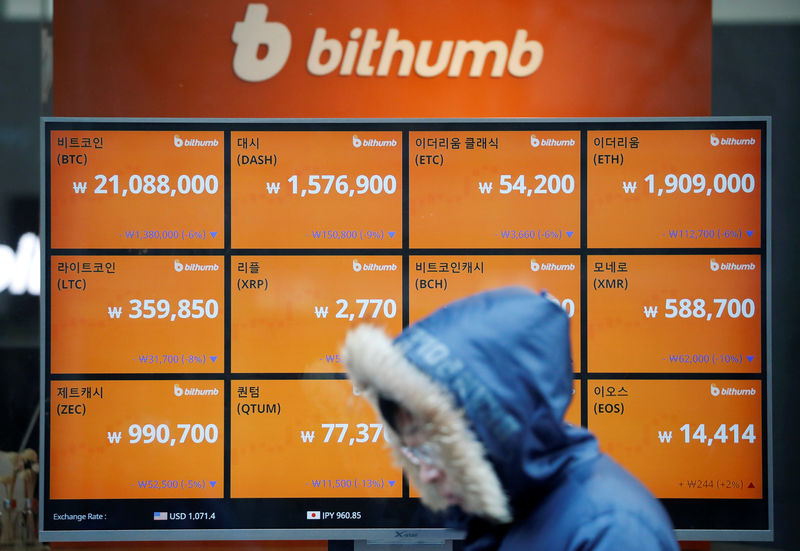Truist Securities reiterates Buy rating on Salesforce stock, maintains $380 price target
Coin Edition -
- Charles Hoskinson’s vision for Cardano focuses on security, scalability, and interoperability.
- Cardano’s methodical development and partnerships highlight its potential despite its lower popularity than Bitcoin.
- Cardano’s proof-of-stake mechanism and smart contracts offer energy-efficient, decentralized applications.
A newly released YouTube video explores the journey and vision of Charles Hoskinson, a co-founder of Ethereum, who created Cardano to address the limitations of existing blockchain systems.
After dropping out of college, Hoskinson mined Bitcoin in 2013 and founded the Bitcoin Education Project, educating thousands about cryptocurrency. However, the challenges of modifying blockchain code post-launch inspired him to conceive a new blockchain.
Hoskinson’s vision solidified at the 2014 North American Bitcoin Conference, where he met Vitalik Buterin, leading to Ethereum’s creation. However, their differing visions on a for-profit model led to Hoskinson’s departure and the formation of Input Output Hong Kong (IOHK) with Jeremy Wood. Together, they began developing Cardano, named after historical thinkers.
Cardano prioritizes security, scalability, and interoperability. It was an early adopter of proof-of-stake, aiming for energy efficiency. With a capped supply of 45 billion tokens, Cardano emphasizes a balanced approach to growth. Its treasury system and methodical development have fostered partnerships with African universities, governments, and organizations.
Cardano’s development spans several eras, each with distinct goals. Currently, in the Basho era, it focuses on performance through sidechains. The upcoming Voltaire era will emphasize governance and decentralization. This structured progression underpins Cardano’s steady growth. The market cap reached nearly $100 billion during the last bull run, with a token price peaking at $3.
Comparing Cardano to Bitcoin reveals key differences. Cardano’s proof-of-stake consensus consumes less energy than Bitcoin’s proof-of-work mechanism. Additionally, Cardano’s smart contract functionality enables decentralized applications. Despite its lower popularity and value compared to Bitcoin, Cardano shows promise, and enthusiasts remain optimistic about its future.
The current price of Cardano stands at $0.456957, reflecting a 0.64% increase over the past 24 hours. Its trading volume reached $303,807,565, with a market cap of $16,316,680,096. Meanwhile, Bitcoin’s price is $68,947.05, down 0.26% in the same period, boasting a market cap of $1,358,773,794,405.
Cardano’s circulating supply is 35,707,291,318 ADA coins, with a maximum supply of 45,000,000,000 ADA coins. Bitcoin, in contrast, has a circulating supply of 19,707,496 BTC coins and a maximum supply of 21,000,000 BTC coins.
The post Cardano vs. Bitcoin: A Deep Dive into Charles Hoskinson’s Blockchain Project appeared first on Coin Edition.
